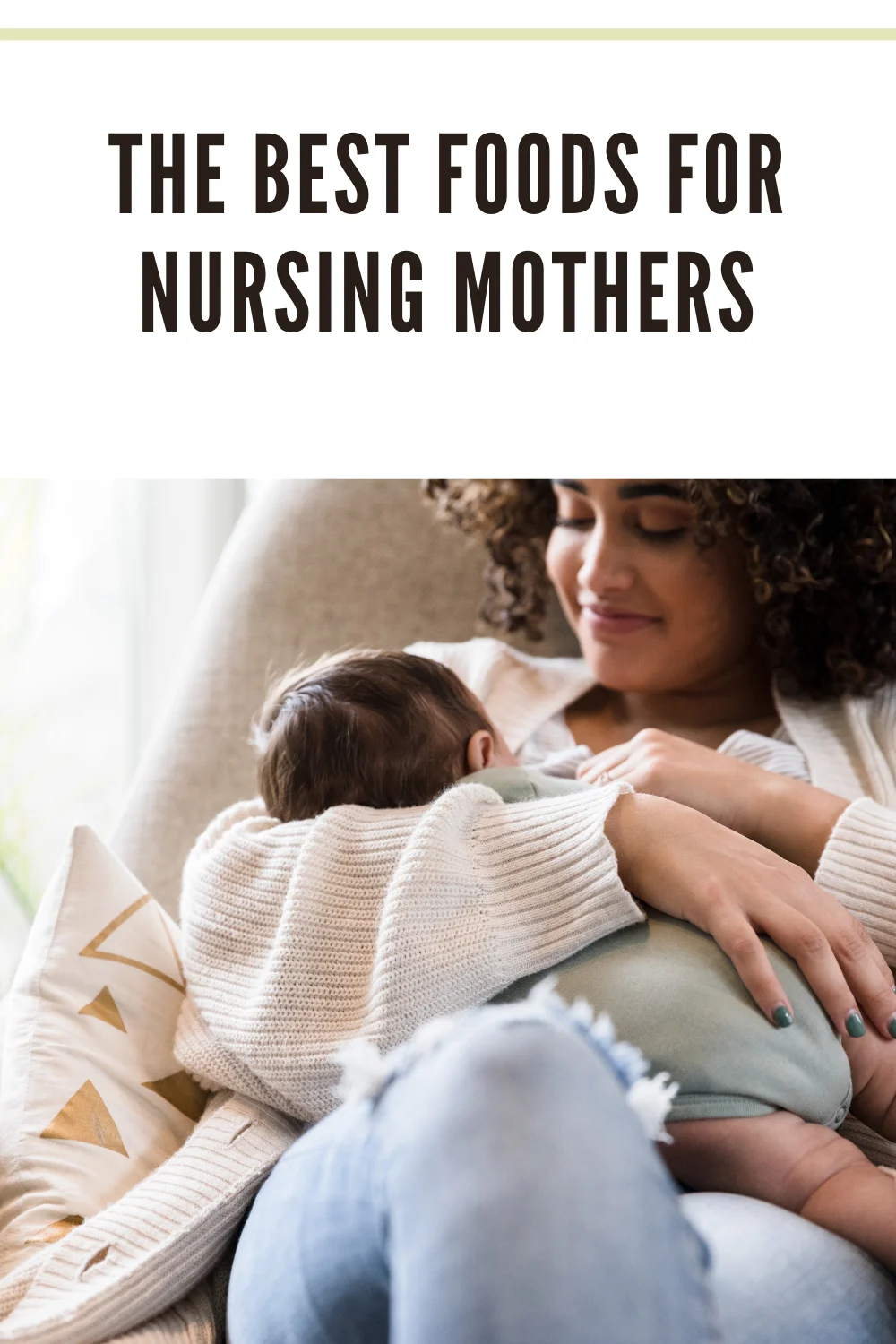Breastfeeding is an essential element of motherhood. It boosts the child’s immunity, positively affects its development, gives a necessary sense of intimacy and security, and creates a positive relationship between the baby and his mother. During lactation, a woman should carefully monitor her eating habits and the quality of food consumed. The food must be good for mothers and their young children.
Mother’s milk contains many immune-active substances, vitamins, and micronutrients, say organicbestshop.com.
It contains antimicrobial factors and components that have an antiseptic effect on all the children’s bodies and contributes to the child’s normal psychological and physiological development.
Is it important for a nursing mother to follow the diet immediately after the birth of a child?
The nutrition of a nursing woman should be as healthy and healthy as possible throughout breastfeeding.
Immediately after birth, most foods can cause colic in the newborn, bloating, and an allergic reaction.
The baby’s digestive system is just beginning to work; it is unnecessary to overload it.
Experts on postpartum GV recommend taking only those products to which there will be no adverse reaction.
Different porridges on the water will be suitable: buckwheat oatmeal (if the kid does not have problems with a chair, it is possible to try rice porridge).
Boiled meat (rabbit, turkey, chicken, or veal) is well digested.
The favorite healthy dish of all nursing women is a baked apple(from green varieties).
You can also eat vegetable soups, fresh bananas, biscuits, crackers.
Clookies.com suggests trying confinement food recipes for variety and something to look forward to.
There is no consensus on fluid intake on the first day after birth. It is necessary to monitor the individual condition; if the milk begins to arrive very quickly, the breasts overflow to the point of pain, it is desirable to limit the amount of fluid to 1-liter per day (and more often put the baby to the breast). If you feel well, then drink at will to avoid dehydration. You can drink plain or non-carbonated mineral water, tea, dried fruit compotes.
So what should be the proper nutrition of mothers who breastfeeds babies?
Rational proper nutrition during GV is a good, varied menu.
You can eat everything that you and your baby perceive well.
Do not go to extremes: you do not need to eat for two, and you can not starve to get in shape faster. Eat small portions, but often (5-6 times a day).
Eat more fresh fruits and vegetables.
Do not give up lean fish and meat.
Fermented milk products (unlike dairy) do not cause allergic reactions.
Try to exclude fatty, salty, fried, smoked, and canned.
Avoid fast food and exotic dishes.
Limit sweets and pastries.
The drinks eliminating alcohol (alcohol quickly penetrates the milk and adversely affects the baby’s nervous system) and sweet carbonated water contain solid chemicals and sugar; lemonade baby will suffer from flatulence (and, possibly, allergies).

Top 10 foods that should be in the diet of a lactation mother
We have prepared a list of products that are necessary for mothers who feed their babies.
We already know that the child’s general health depends on the mother’s diet.
So let’s learn more about how you can diversify your diet:
- Porridges and cereals: buckwheat, oats, rice, semolina, etc.
- Seafood and fish;
- Nuts;
- Vegetables: broccoli, cabbage, green beans, tomatoes, cucumbers;
- Fruits: apples, bananas, peaches, apricots;
- Berries;
- Meat and poultry;
- Healthy fats: avocado, eggs, olive oil;
- Dairy products: low-fat yogurt;
- Fiber-rich starches: beans, potatoes, pumpkin, buckwheat, quinoa.
In addition, always remember to consult a doctor, because your health and the health of your child is the most important thing!
